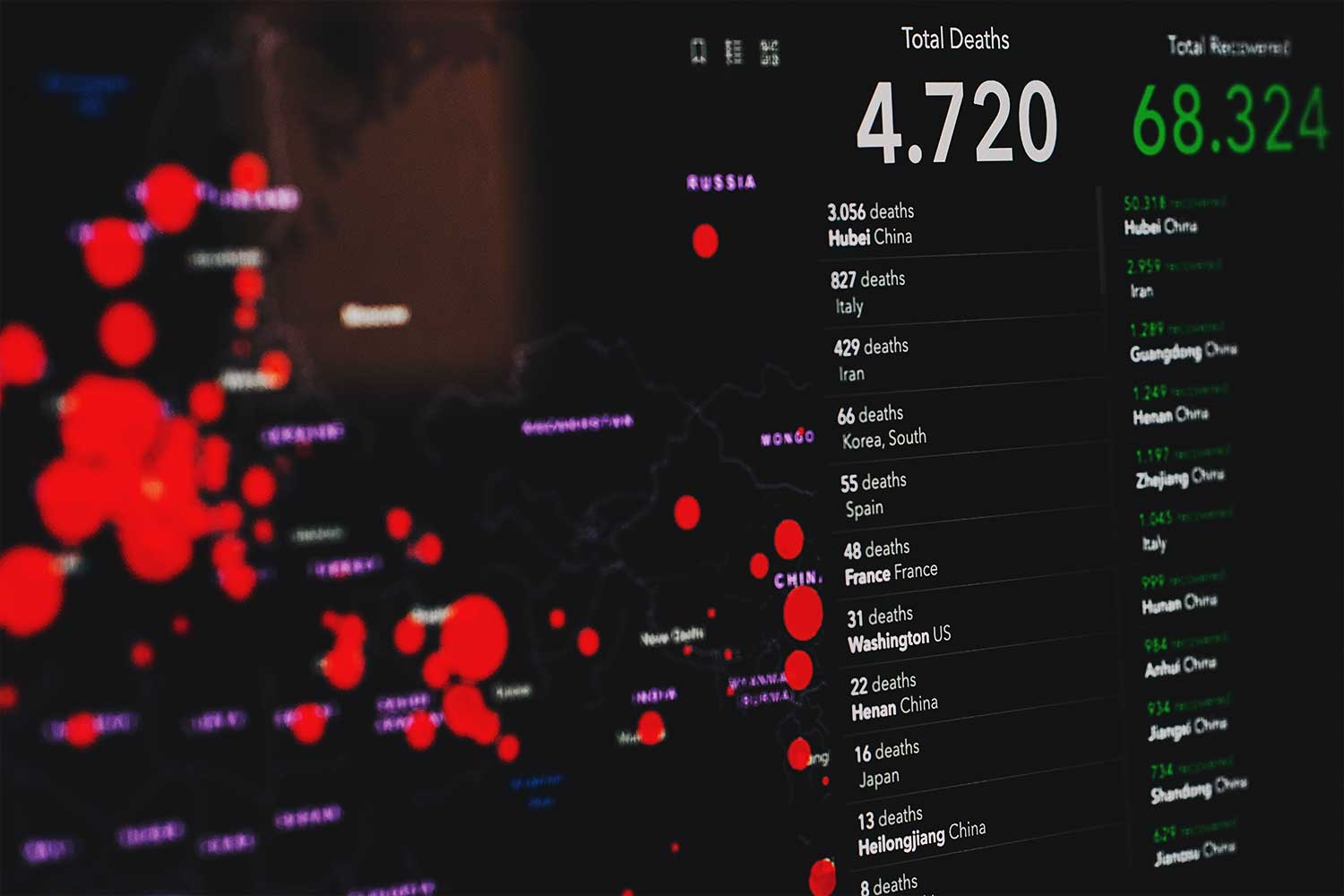Some Fresh Wind In My Sail
In fifty years, the Guardian says, temperatures in India would rank with Saharan Africa. My son would be eighty then. My grandson would be fifty-five.

I wrote to the Kannada writer Abdul Rasheed this week, asking for a picture he took of U.R. Ananthamurthy in 2007, for use in a blog post I'd written in that year. We'd gone together to the novelist's home in Bangalore, and Rasheed had taken an excellent photograph of the great man.
I prefaced the mail with an inquiry about his safety against the coronavirus.
"We've no virus here at all," Rasheed wrote back in gushing tones, repeating the lines for emphasis. Shame on me, I didn't express my relief when I replied to his reply. I merely figured things were as they should be. Lakshadweep — where Rasheed has been living and working as a broadcaster at Prasar Bharati for a year now — is an atoll in the Arabian Sea, and it has minimal tourist facilities. It has escaped the excess tourism raging in the rest of the world.
"Could we really run out of food?' my son asked a little before the start of the lockdown. He'd read an alarming piece on the subject somewhere. What he really wanted to know was how bad this can get.
We've had the plague in this country, right here in Bangalore. And cholera. I've heard stories of my grandparents' peers swallowed up by those epidemics. And before that, we had a Spanish Flu, to which we contributed the most casualties — 12 million or more, against the total deaths of 50 million. We've had relentless recurrences of famine, and typhoons that killed tens of thousands each visit.
For some reason, I spoke to my son about the crash of 1929. I skipped the disasters that have struck — and continue to threaten — our nation. Instead, I told him about breadlines in the West, and how men in suits have stood in them.
I held back the urge to tell my son to consider leaving Bangalore for a safer place.
In fifty years, a report in the Guardian says, temperatures in India would rank with Saharan Africa. My son would be eighty at the time. My grandson would be fifty-five, with grown children of his own.
The grandson, like kids everywhere now, is being readied for what's undoubtedly coming his way. He's learning the piano taking instructions on the iPad. His kindergarten classes are on Zoom. His father gathers football lessons for him on YouTube and takes him up to their terrace for practice. Parties with friends are virtual as well. It's not the life I've had, the life I want for my grandson, but at this moment he seems happy.
The climate is changing, and the people who can change this course won't see the change. As regards the virus, the pundits say we should make room for it in our lives — the thing is here to stay.
I've been happy and proud in the markets my business served: aerospace; military, automotive. All three are walloped by the virus, all three will be wheeled into the ICU. But the question haunting me is, with this lesson this virus has taught, am I operating in the right areas at all? Mine is a medium-sized business. Even so, it is an active participant in the world's doings. If it should be on the right side of things, it should answer Greta Thunberg's call. And it should make my grandson's life its priority.
All of which points to a need for some fresh wind in my sail. And I must polish my compass, look for a new direction. Not for nothing do crises come.
But the overriding question is, how can I — weighing what I can do with what's my limit — contribute to mitigating the suffering of those in lesser circumstances than mine? I didn't give this matter the space it deserved in this post.
Image: Unsplash, Markus Spiske
